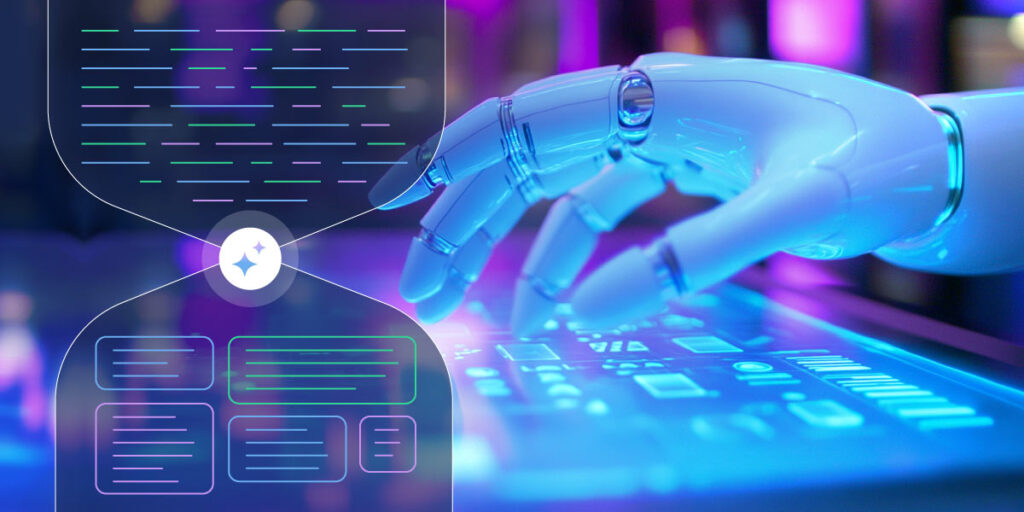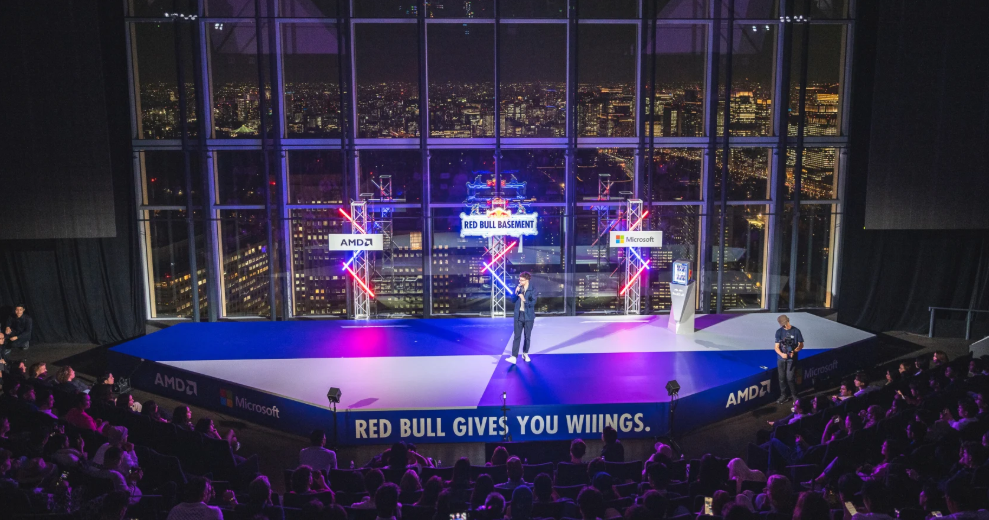As artificial intelligence becomes the primary means of online discovery, the foundations of digital marketing are rapidly shifting. Search Engine Optimization (SEO), the tried and tested strategy for decades, was built for a world in which humans searched Google, scanned blue links, and navigated rich, visually engaging websites.
But this paradigm is now giving way to Generative Engine Optimization (GEO): a methodology optimized for how AI models, not just people, find, interpret, and surface content.
According to Sharad Agarwal, CEO of Cyber Gear, “AI-powered agents like ChatGPT, Claude, Gemini, and Perplexity don’t just present search results; they generate direct answers, recommendations, and even purchase guidance. For brands, GEO is not a technical afterthought, it is now mission-critical.”
From SEO to GEO: A Transformative Shift
Traditional SEO was built for algorithms, crawlers, and human search patterns. Marketers pulled levers, keywords, backlinks, meta tags, to signal authority, relevance, and user value. Success meant ranking high in the SERPs (Search Engine Results Pages), attracting human clicks and visits.
GEO fundamentally reorients digital strategy for an era in which:
AI models synthesize information instead of just linking to it.
Brand visibility depends more on being cited or referenced in AI-generated responses than ranking atop search results.
AI’s “understanding” is built from structured, machine-readable, and contextually relevant content, not just clever copy or impressive design.
Key implications:
The primary audience is no longer just people.AI agents parse web content to inform their answers. These models don’t “see” like humans and are blind to much of what made SEO work.
The new metric of success is “citation”. If your brand, product, or expertise is not referenced by AI systems in their responses, it is effectively invisible in the AI-powered discovery layer.
GEO is not about gaming algorithms, but about becoming part of AI’s knowledge and recall. Visibility is earned through relevance, clarity, and authority as understood by machines.
The Machines Are the New Gatekeepers
AI agents and LLMs (Large Language Models), from OpenAI’s GPT series to Google’s Gemini to Anthropic’s Claude, have become the gatekeepers between users and digital content.
GEO is not just a technical adjustment, it is a sea change in digital marketing and online commerce. The generative engine is now the discovery engine. Whether the user is buying shoes, researching a SaaS platform, or seeking an expert opinion, their experience is increasingly mediated by AI models that summarize, recommend, and even take actions.
Brands and marketers must urgently:
- Structure content for machines as well as humans.
- Optimize for AI citations, not just SEO rankings.
- Build authority and trust that AI can recognize and reference.
- Monitor, analyze, and continually adapt to AI’s changing “reading” and response behavior.
Early adopters of GEO will not just survive, they will shape the narratives that AI engines deliver to millions every day. The future of digital visibility belongs to those who understand, and optimize for, the language of machines.
The question isn’t if GEO matters, but how quickly and how comprehensively you can adapt. The time to become truly AI-visible is now.
Contact:
Cyber Gear
WhatsApp: +971506449103





